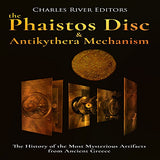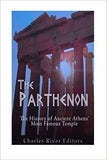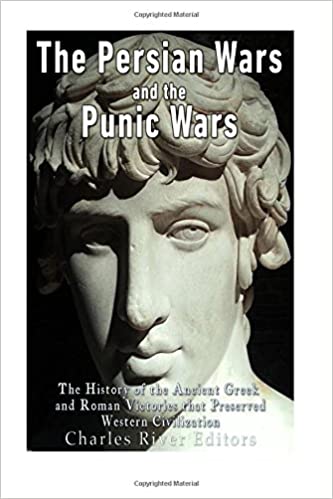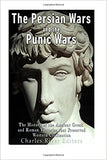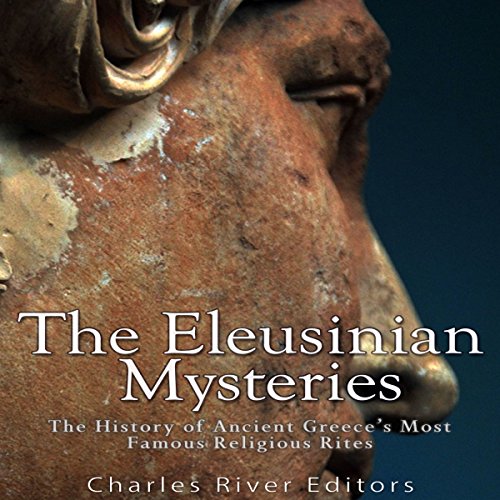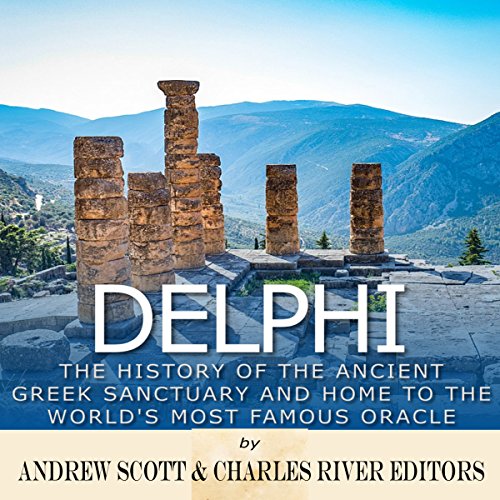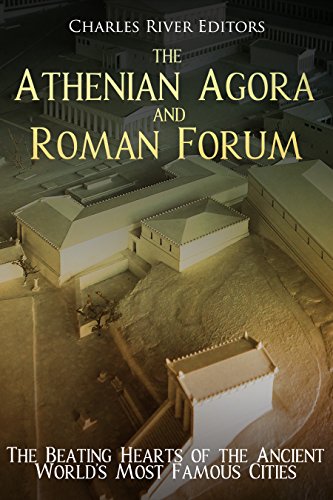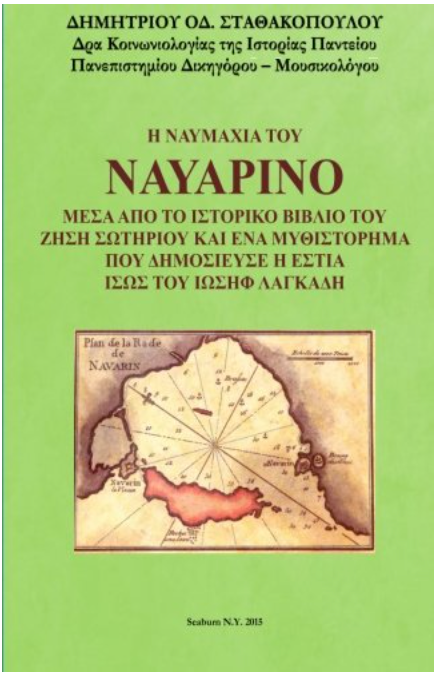The Persian Wars and the Punic Wars: The History of the Ancient Greek and Roman Victories that Preserved Western Civilization
ISBN: 9781535477932
*Includes pictures *Includes ancient accounts of the fighting *Includes online resources and a bibliography for further reading The Ancient Greeks have long been considered the forefathers of modern Western civilization, but the Golden Age of Athens and the spread of Greek influence across much of the known world only occurred due to one of the most crucial battles of antiquity: the Battle of Marathon. In 491 B.C., following a successful invasion of Thrace over the Hellespont, the Persian emperor Darius sent envoys to the main Greek city-states, including Sparta and Athens, demanding tokens of earth and water as symbols of submission, but Darius didn’t exactly get the reply he sought. According to Herodotus in his famous Histories, “Xerxes however had not sent to Athens or to Sparta heralds to demand the gift of earth, and for this reason, namely because at the former time when Dareios had sent for this very purpose, the one people threw the men who made the demand into the pit and the others into a well, and bade them take from thence earth and water and bear them to the king.” Somewhat ironically, the Battle of Marathon has been best commemorated by the race that bears its name, a tradition that started based on a legend that a Greek man named Pheidippides ran the 26.2 miles back to Athens in order to announce the Greek victory and subsequently collapsed and died as soon as he had done so. However, the importance of the battle itself cannot be overstated. The Battle of Marathon proved to be one of the biggest sources of enmity between the Greeks and Persians, and Darius’s son Xerxes would seek to undo the results with his own invasion just years later. There are few battles in history in which the vanquished are better remembered and celebrated than the victors, and even fewer where a defeat is considered a victory. But that has become the enduring legacy of the Battle of Thermopylae, a battle as unique as it is famous.




